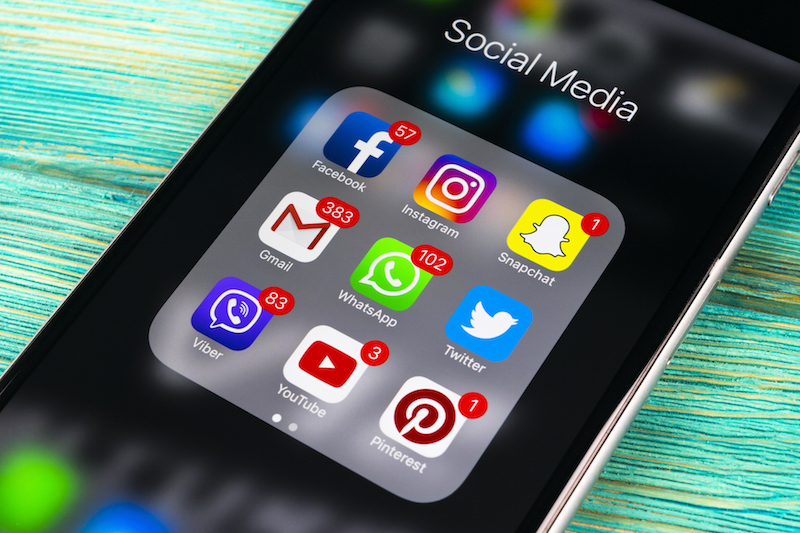With social collaborations growing, it’s time to pose the mental health question
As social media platforms enter the workplace, will they eventually lead HR departments to become counselling centres

In a world in which workers trade knowledge as their capital, whether that’s medical professionals, lawyers, programmers, management consultants, or most other white-collar professions, collaboration we are told, is king. The ability to work with others who have ideas and knowledge towards a common business goal, is the panacea of many a pep-talk from the ‘C’ level.
Collaboration, it is narrated, improves efficiency and germinates new ideas.
I’d concur with this, since just as no person is an island, so no idea forms in a vacuum. Yet how can we foster greater collaboration within organisations?
Too often technology evangelists ride into town with their collaboration platforms such as Facebook Workplace, Slack, or a host of others. We’re told this is the solution to improve employee collaboration, drive up productivity and foster creativity. In fact, many of these solutions are being introduced into corporations today.
This, in some quarters, is heralded as a breakthrough in making things easier for employees. Though I’m all for making life simpler, I’m also anxious at the lack of consideration organisations are giving to the question of how this is going to impact their employees’ mindset and mental health in the long term.
If we examine the population segment that has been the most exposed to collaboration platforms such as Facebook, it is young people born between 1995 and 2012.
According to research by Common Sense Media, teenagers in the US were consuming media — including text messaging and social networks — nine hours per day on average.
Jean Twenge, a professor of psychology at San Diego university refers to this group of youngsters as iGen. In a piece in The Atlantic, entitled Have Smartphones Destroyed a Generation, she says: “Rates of teen depression and suicide have skyrocketed… It’s not an exaggeration to describe iGen as being on the brink of the worst mental-health crisis in decades.”
Based on her data set – which goes back decades – Twenge’s conclusions point her to: “Much of this deterioration can be traced to their phones… the use of social media and smartphones look culpable for the increase in teen mental-health issues… it’s enough for an arrest — and as we get more data, it might be enough for a conviction.”
There are dozens of studies out there, citing how social media platforms can damage your mental health.
There is even a study from Facebook itself, saying that spending time on social media can be bad for you. These platforms prey on human unease like Fear of Missing Out (FOMO).
With these consumer platforms now invading corporate workspaces, there’s reason to believe these same angsts, like FOMO, will snowball among employees.
We already see this in how some workers copy everyone in an email reply, when they have nothing to add, but just want to be seen to have said something. It’s only going to get worse when you weaponise that voice through a company-wide collaboration platform.
But what really makes me nervous, is that this same generation of young people, who have the highest rates of mental health issues on record, will be entering the workforce in the coming years.
If we aren’t careful about how we deploy these collaboration platforms, I can see a scenario where HR departments are remodeled into counselling centres.
Is it inevitable? Yes.
Can we stop it? Maybe.
Rehan Khan is the managing consultant for BT and writer of historical fiction
